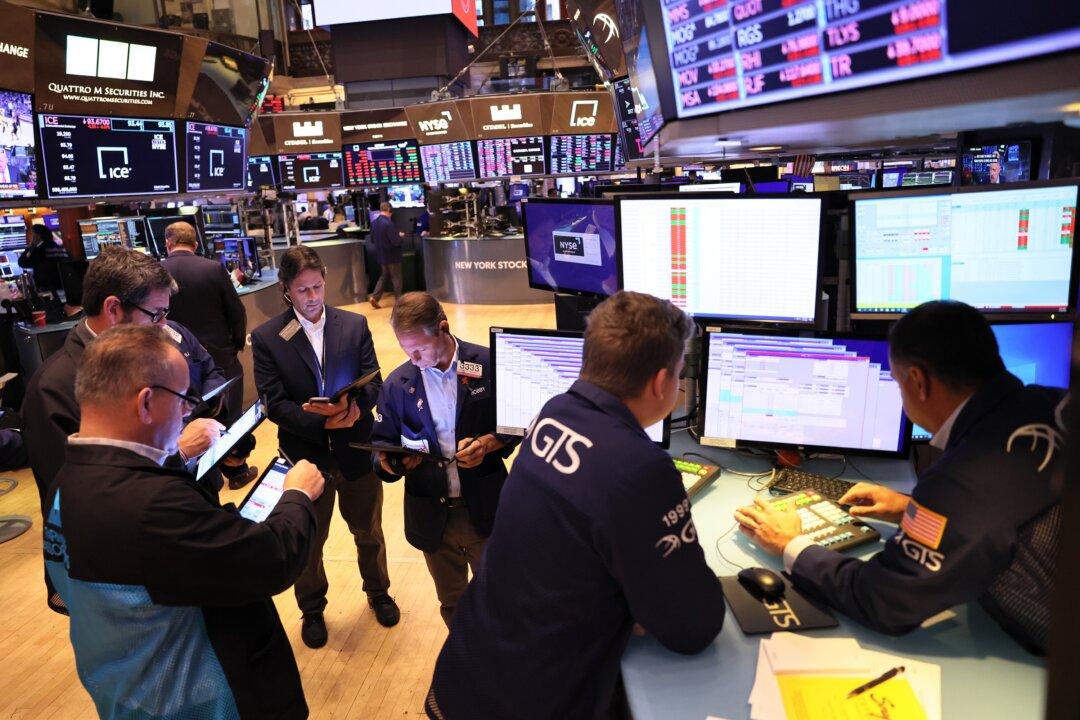The U.S. midterm elections are not only an event that decides the fate of political power in Congress but also something that affects the stock markets.
In a note to clients, Jim Reid, a markets strategist at Deutsche Bank, pointed out that midterm elections are one of the “best historical buy signals for equities,” according to The New York Times.





